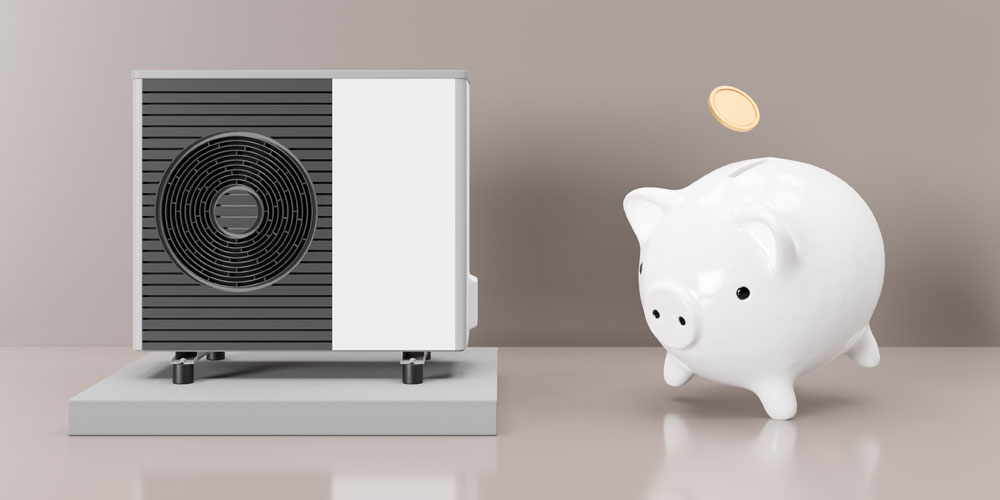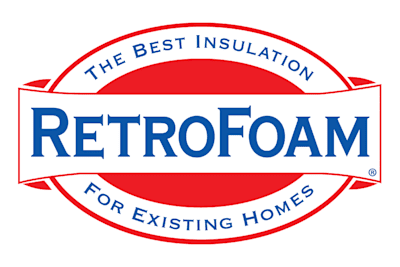How to Improve Heat Pump Performance with Foam Insulation


As homeowners increasingly focus on eco-friendly and energy-efficient heating and cooling solutions, heat pumps have emerged as a popular choice across the United States.
This surge in popularity isn’t without reason. Heat pumps offer a unique method for regulating indoor temperatures that differs significantly from traditional HVAC systems. However, to truly reap the benefits of a heat pump, understanding its functionality and optimizing its performance is crucial.
This article will guide you through enhancing your heat pump’s efficiency, ensuring your home remains comfortable year-round.
The Basics of Heat Pump Operation
At its core, a heat pump consists of two central units – one situated outside and the other inside your home.
These units work in tandem to transfer heat where it’s needed. During the colder months, the system extracts any available heat from the outdoor air to warm your home.
On the other hand, in warmer conditions, it does the opposite by removing indoor heat to cool your living space. This bidirectional heat flow makes heat pumps remarkably efficient and positions them as a versatile solution for heating and cooling.
Why Consider a Heat Pump for Your Home?
The efficiency of heat pumps is a standout benefit.
Unlike furnaces or air conditioners, which may rely heavily on one unit to regulate temperatures, heat pumps distribute the workload between the indoor and outdoor units. This cooperation enhances efficiency and can significantly reduce energy consumption.
The growing popularity of heat pumps across different climates in the U.S. is a testament to their ability to offer an energy-efficient alternative for new constructions and retrofitting projects.
Challenges with Heat Pump Performance
Despite their advantages, heat pumps have their set of challenges.
One notable issue is their performance in extreme temperatures. Heat pumps might struggle to maintain the desired indoor temperature when it's exceedingly cold or hot outside. This is partly because the system’s output might not match that of more traditional heating or cooling solutions, especially in homes previously equipped with forced air furnaces or central air systems.
How to Improve Heat Pump Performance
Optimizing your home's insulation and air sealing is the key to maximizing your heat pump’s efficiency, particularly during extreme weather conditions.
Ensuring your home is as airtight as possible helps retain the heat generated by your heat pump, preventing it from escaping through leaks or drafts.
The Role of Foam Insulation
Enter foam insulation, a great addition to your home and enhancement for your heat pump’s performance.
By creating an air seal around your home’s building envelope, foam insulation significantly reduces heat loss, allowing your heat pump to operate more effectively. Not only does foam insulation, like RetroFoam, help maintain a consistent indoor temperature, but it also ensures that every ounce of energy your heat pump uses is utilized to its fullest potential.
Foam insulation stands out for its superior insulating properties, making it an excellent choice for homeowners looking to improve their heat pump efficiency. By insulating your home with foam, you’re enhancing your heat pump’s performance and contributing to a more sustainable and energy-efficient future.
Air Sealing Your Existing Walls with RetroFoam
While heat pumps offer a promising solution for eco-friendly heating and cooling, their efficiency is heavily influenced by the thermal integrity of your home.
You can overcome the common challenges associated with heat pump performance by prioritizing proper insulation and air sealing with high-quality foam insulation.
If you’re contemplating the installation of a heat pump or seeking ways to boost your current system’s efficiency, consider the insulation and air sealing of your home.
Upgrading to foam insulation can significantly affect your heat pump’s performance, ensuring your home remains comfortable regardless of the season.
To embark on your energy-efficiency journey, consult a professional insulation contractor. If you’re specifically interested in RetroFoam, check out our Find a Dealer page to find a dealer near you.
Related Articles
What is Air Sealing Your Home with RetroFoam Insulation?
Is RetroFoam Eligible for the Inflation Reduction Act Energy-Efficient Home Improvement Credit?
How Much Can RetroFoam Insulation Help Me Save on Energy Bills?
About Eric Garcia
Eric brings his knowledge and training in building science, training in spray and injection foams from the manufacturers, more than eight years installing foam insulation, as well as selling and managing in the foam insulation industry. He is also BPI and Dale Carnegie certified and has taken several building science courses, including air sealing and building envelope. Eric is the Professor of Foam on our educational YouTube series Foam University. Even when Eric is off he is usually still “working” or thinking about work, but when he can get away he enjoys camping, hiking, hunting, and woodworking.



